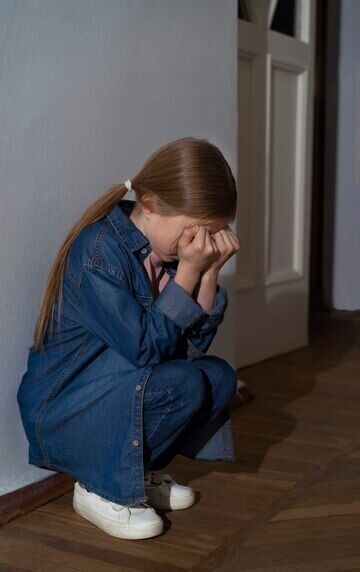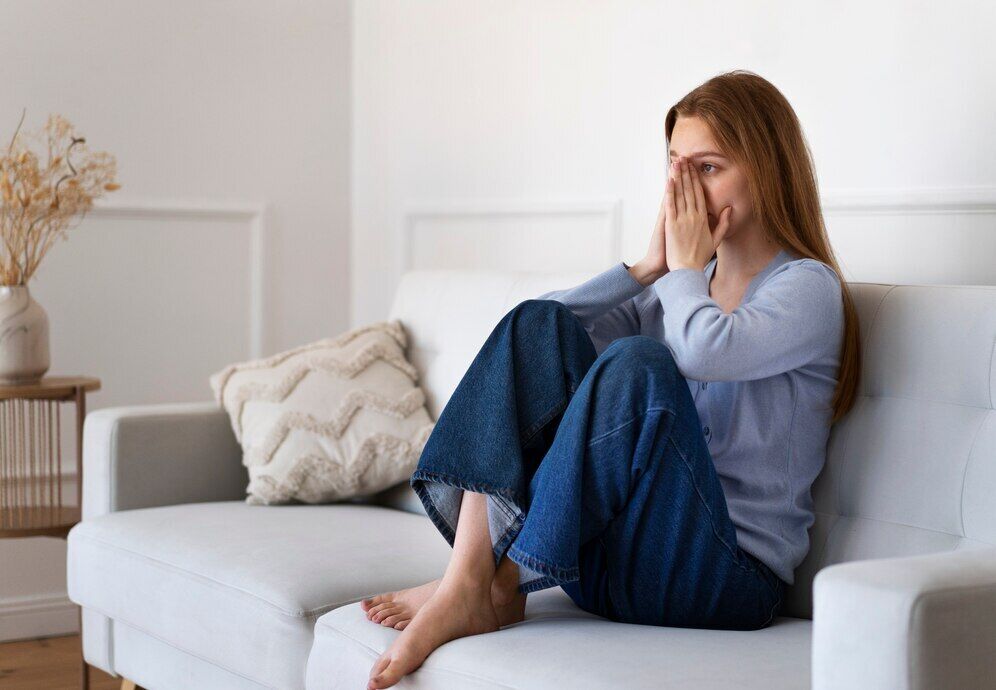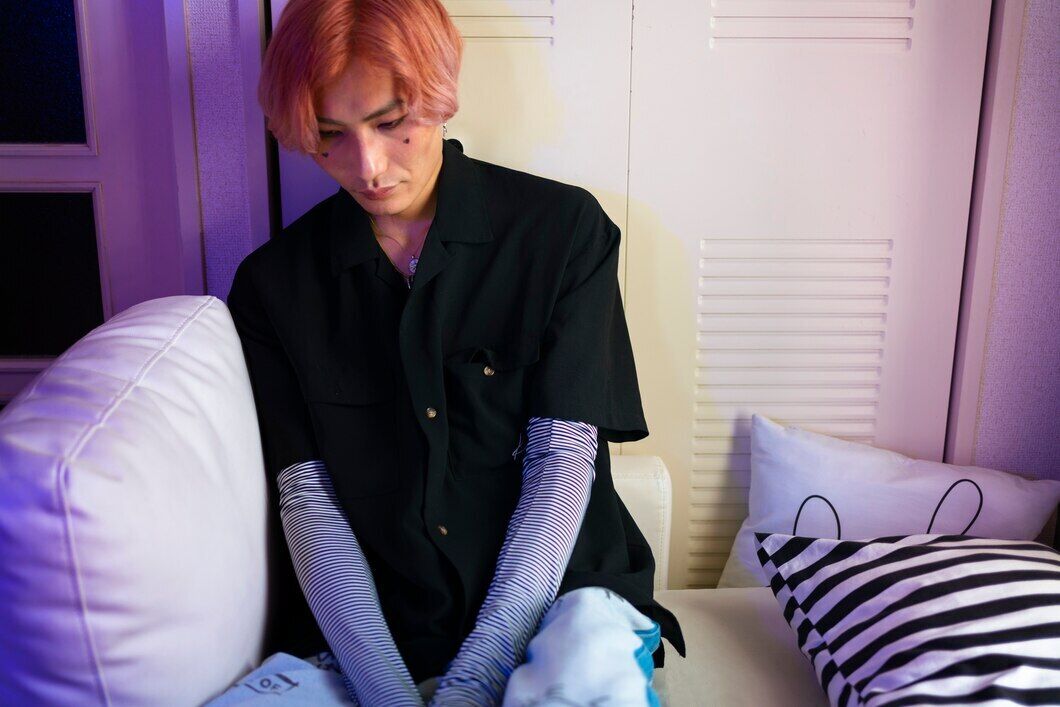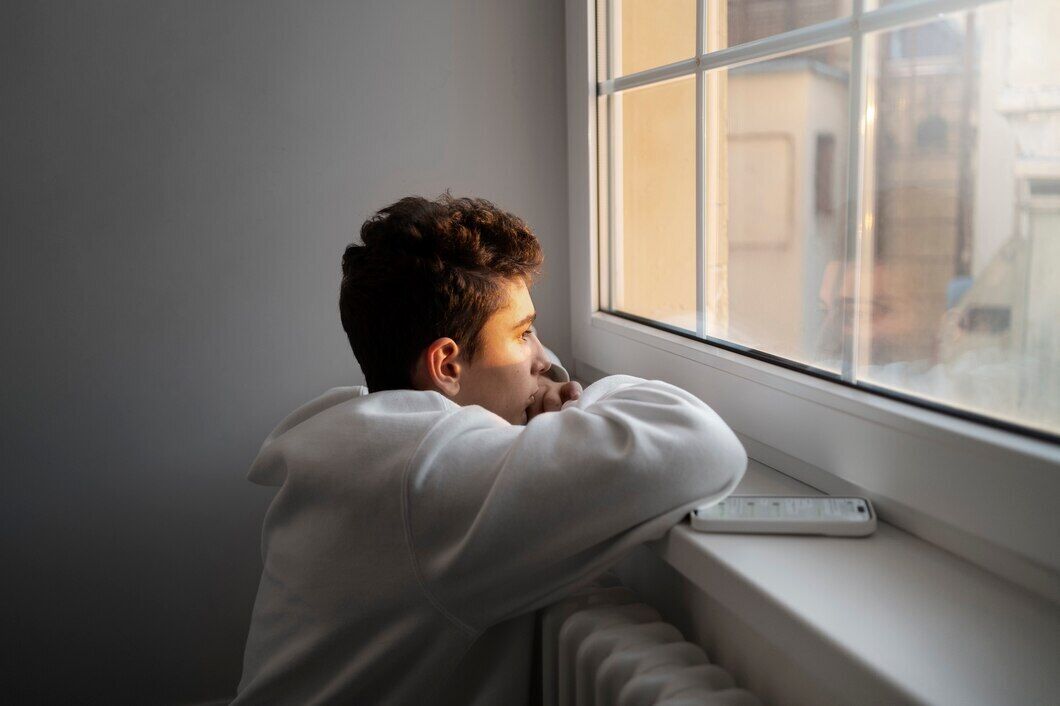News
In South Korea, "happiness factories" have gained popularity, where parents are locked in "solitary confinement" and spend time without children
South Korea has a unique educational program called the "happiness factory." Parents are locked in solitary confinement to better understand their reclusive children and establish communication with them.
According to researchers, more than 540,000 young people in South Korea withdraw from society, stay in their rooms all the time, and call themselves "social hermits." Therefore, the government and various organizations are looking for a way out of this disturbing situation, the BBC writes.
The educational program for parents was developed by two NGOs, the Korean Youth Foundation and the Blue Whale Recovery Center. The leaders of this project hope that staying in isolation will help parents better understand their children.
Back in the 1990s, the term hikikomori was coined in Japan. It was used to describe the phenomenon of social seclusion among adults and young people. Over the years, hermitry among young people has spread around the world.
In 2023, the South Korean Ministry of Health conducted a survey of 15 thousand people aged 19 to 34. More than 5% of them said they had voluntarily isolated themselves from society. If the results of the study are transposed to the entire population of South Korea, then more than 540 thousand people can be called social recluses.
What does solitary confinement look like?
Parents are dressed in blue robes and locked in a small room with bare walls for three days. They are not allowed to take any gadgets with them to solitary confinement. The only thing that connects the tiny room to the outside world is a small hole in the door for food.
The developers of the program emphasize that it is voluntary and that parents are not prisoners, they are only visitors to the center where they can gain "experience of imprisonment."
The program has positive results
Most of the parents who agreed to participate in this educational project have a child who is completely isolated from society. And they want to experience what it's like to be cut off from the world.
Jin Young-ho's son has not left his bedroom for three years. The disturbed mother said that her baby grew up to be a talented boy. Jin and her husband had high hopes for their son. However, the boy was often ill. He had problems with his eating habits, so he often missed school. It was difficult for him to maintain friendships with other children.
Jin Young-ho says that when his son went to university, things seemed to be getting better. But one day he withdrew into himself again and literally locked himself in his room. He stopped washing and hardly ate. It broke his mother's heart. So she came to the center, which is also called the "happiness factory," for help.
Since Jean tried to spend time in isolation, she began to understand her 24-year-old son's "emotional prison" better. "I kept wondering what I did wrong. It is very painful to think about it. But since I started thinking alone, some things have become clearer," the 50-year-old woman said.
Jin read the notes of other young people who had isolated themselves from the world. "Reading these notes made me realize that my son is protecting himself by keeping silent because no one understands him," she concluded.
When asked what Jin Young-ho would say to her son if he came out of isolation, she does not hold back her emotions. "You've been through a lot. It's been hard, hasn't it? I'll look after you," she replies with tears in her eyes.
Park Khan-Sil came to the center for the sake of her 26-year-old son, who first ran away from home and then abruptly stopped all contact with the outside world. He has been sitting in his room for seven years.
Ms. Park has taken him to doctors and psychotherapists. But her son refuses to take the medication prescribed by doctors and plays video games all the time.
The worried mother hasn't yet found an understanding with her son, but since she started attending the isolation program, she has begun to better understand his feelings. "I realized that it's important to just accept my child - without trying to fit him into any molds," she says.
Parents who decided to seek help from the Happiness Factory are still looking forward to their children returning to normal.
Why young people withdraw into themselves
According to South Korea's Ministry of Health, there are several factors that cause young people to isolate themselves from life. According to the survey, the most common reasons are:
Difficulty finding a job (24.1%),
Difficulties in interpersonal communication (23.5%),
family problems (12.4%),
health problems (12.4%).
Professor Jeong Goo-won, who teaches sociology at the university, says that Korean society's programming that certain life steps and achievements should be made at a certain age increases anxiety among young people, especially in times of economic downturn and unemployment. Many parents perceive their children's failures as shortcomings in their upbringing, which leads to feelings of guilt.
Loneliness leads to suicide
South Korea has one of the highest suicide rates in the world. Last year, the country's government drew up a five-year plan to combat this frightening statistic.
Free mental health screenings have been introduced for Koreans aged 20-34, which can be taken every two years.
According to Kim Ok-ran, director of the Blue Whale Recovery Center, the problem of child isolation is a family problem, as many parents who turn away from lonely children end up cutting themselves off from society. They are afraid of being judged by their neighbors or friends.
So the developers of the educational project emphasize that the wall of loneliness needs to be destroyed with patience, understanding, and the right words from all family members.
Only verified information is available on the OBOZ.UA Telegram channel and Viber. Do not fall for fakes!



































